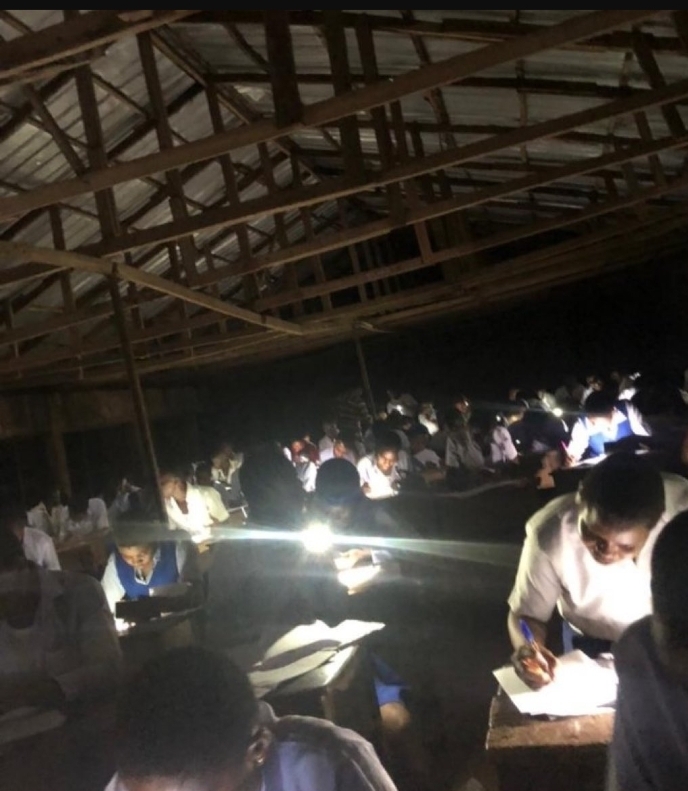
Osodeka
By Amah
Kindly share:
The Academic Staff Union of Universities (ASUU) said it rejected two federal government payment platforms, Integrated Personnel and Payroll Information Systems(IPPIS) and the Government Integrated Financial Management and Information System (GIFMIS) because they are not in comformity with the law which guarantees autonomy to universities in the country.
Instead, the university teachers said they opted for the University Transparency and Accountability Solution (UTAS), which it created as an alternative.
ASUU president, Professor Emmanuel Osodeke in an interview with the News Agency of Nigeria, NAN, said that the union’s stance is in line with the autonomy of the nation’s tertiary institutions.
According to him, UTAS conforms with the statutory provision that the university’s finances should be managed by its Governing Council.
“ASUU’s position is that the finances of the university should be managed by the Governing Council. That’s what the law says. It does not say by the Accountant General’s office.
”Every year, the governing council directs the Vice Chancellor to defend its budget at the National Assembly. When the budget is approved, including salary, remuneration, overhead, it will go to the president for assent and it becomes a law.
”That money should be released to the governing council to pay its staff members. That is the autonomy of the university we are talking about, as stipulated in the law,” he said
Mr Osodeke stressed that the universities should be given autonomy, to be able to plan for its staff members’ recruitment and how to pay their salaries.
He recalled that the union rejected IPPIS because its implementation not only erodes university autonomy but also meddles with its internal affairs and violates Section 24A of the Universities Miscellaneous Provisions (Amendment) Act 2003.
On lecturers teaching in two universities, Osodeke said the practice is allowed all over the world by law as adjunct lectureship is legitimate.
According to him, there are situations when a university approaches a lecturer with knowledge in an area it is lacking staff to teach their students on temporary bases.
He said the lecturer may teach once or twice in a month and is paid an allowance for his services.
On the other hand, he said, a lecturer can go on sabbatical to another university after teaching for at least six years in the parent university.
On the strike notice given to the government by ASUU, Osodeke said it still subsists but noted that ASUU wants to give government time to work on the panel it set up to renegotiate the 1999 agreement with lecturers.




